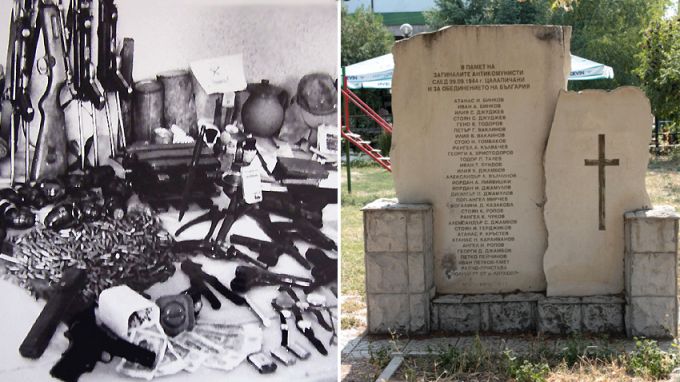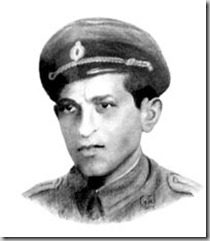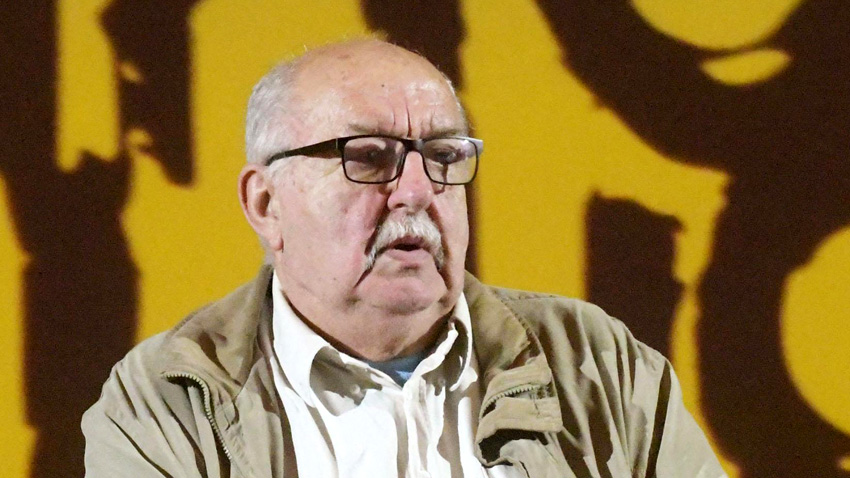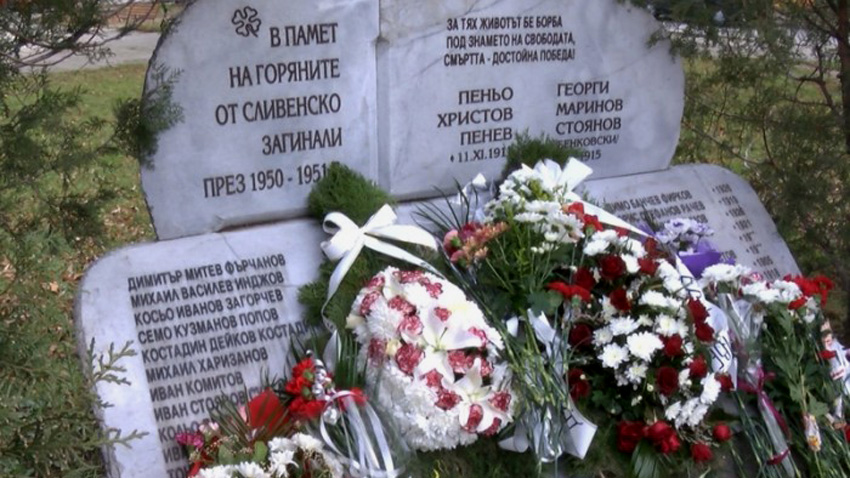
Bulgaria also had its armed resistance against the communist regime imposed on the country after a coup. It was actually the first to fight against the Stalinist model of dictatorship established after the occupation of Bulgaria by the Red Army and the forced dissolution of the legitimate government. This happened long before the Hungarian Revolution and the Prague Spring. However, the brave acts of the Bulgarian Goryani remain widely unknown. They are not part of the history books and are not among events engraved in social memory as a flag of the citizens against crimes of power. Today under the warm coat of forgetfulness it feels cozy, but like a Doomsday comes a time when truth finds its way out and seeks answers.
 “I have stopped giving you mercy. From now on you will be treated the same way you treat people,” wrote Gerasim Todorov, commander of the Sixth Pirin Squad in a warning letter to the communists of Vlahi, adding that people would not tolerate the murders, robberies and misdeeds of the communists anymore. In 1947 he created an outlaw group in the region of Pirin, which acted against the policy of forced Macedonization, led by the Communist Party against the Bulgarian people. The example of the legendary Gerasim Todorov was not an isolated one - from 1944 to 1955 some 600 Goryani squads were fighting against the red regime across the country. Since they used to hide in mountains and forests (“gora” in Bulgarian), they called themselves Goryani.
“I have stopped giving you mercy. From now on you will be treated the same way you treat people,” wrote Gerasim Todorov, commander of the Sixth Pirin Squad in a warning letter to the communists of Vlahi, adding that people would not tolerate the murders, robberies and misdeeds of the communists anymore. In 1947 he created an outlaw group in the region of Pirin, which acted against the policy of forced Macedonization, led by the Communist Party against the Bulgarian people. The example of the legendary Gerasim Todorov was not an isolated one - from 1944 to 1955 some 600 Goryani squads were fighting against the red regime across the country. Since they used to hide in mountains and forests (“gora” in Bulgarian), they called themselves Goryani.
 “These were mostly peasants whose lands were seized by the communists,” says Atanas Kiryakov, author of the only Bulgarian documentary about the Goryani. “This is one of the greatest crimes of communism as people were deeply linked to their land. From literature we know that there were cases of brothers killing each other over a piece of land and when one sold a field, they sent their children to study.”
“These were mostly peasants whose lands were seized by the communists,” says Atanas Kiryakov, author of the only Bulgarian documentary about the Goryani. “This is one of the greatest crimes of communism as people were deeply linked to their land. From literature we know that there were cases of brothers killing each other over a piece of land and when one sold a field, they sent their children to study.” As land was seized by force, local people were gladly helping the Goryani, providing them with food, shelter and what they needed. The reaction of the regime becomes clear from a single fact – in order to neutralize 80 people in the Sliven Balkan the communists sent an army of 30,000 people.
“In documents you see the fear and panic of the regime. They were deliberately discrediting people without evidence and used to continuously change the methods and ways for liquidation of the Goryani. These documents are shocking. They are worse even than the stories of Goryani survivors,” says the director about the documents he saw in the archives of the former State Security. “The system existed because of fear and thanks to the amazing hypocrisy of a machine that turns people into flock. We lived in a gray state - the buildings were gray, the clothes were gray, minds had to be gray and repeat everything a group of people giving orders like kings, who also lived in great fear, said. Only a word or a hint was needed to evoke fear…”
The regime was merciless and most of the Goryani were killed in battle; others were sentenced to death or imprisoned in labour camps and prisons. More and more people started to realize that their struggle was doomed, and promised help from the West would remain just words. Betrayals became more frequent as the regime managed to infiltrate agents into the movement.

These days the Goryani Movement is about to get its first formal recognition. The President is expected to award posthumously thirty Goryani commanders with the "Civil Merit Order." But will their bright example receive its full recognition? Here's what Nikolay Pankov, whose father Panko Pankov supplied the Goryani in Sliven with firearms, told us:
“This is a laudable initiative. Unfortunately, the names of a great number of martyrs remain unknown and their bones were scattered. Some of the survivors also remained silent, like my father, who along with other survivors took the secret to the grave. Many will be glad if you start talking about the epic struggle of the Goryani with credible facts in homage to the people who grabbed weapon to protect the land and people. Communism is ruthless. We owe remembrance to the Goryani who first started armed resistance - long before Czech and Hungarian events, and hopefully the truth about them will be known.”
English: Alexander Markov
Photos: bulgaria1944-1989.eu, BULFOTO and BGNESWith the blessing of His Eminence Metropolitan Arsenii of Sliven, a copy of the miraculous Athonite icon of the Most Holy Theotokos "She Who is Quick to Hear" was welcomed at the Saint George the Victorious Monastery in Pomorie. The Bulgarian..
In the secular chronicles of post-liberation Bulgaria, Metropolitan Kliment of Tarnovo is known as Vasil Drumev – a notable writer and public figure, he led an exceptionally spiritual, Christian life. For linguists, he is among the brightest zealots of..
On December 9 the Orthodox Church celebrates the Conception of the Most Holly Theotokos by Saint Anne. Joachim and Anne were childless for a long time despite their righteous life. In addition to their personal grief, they also endured public..

+359 2 9336 661
